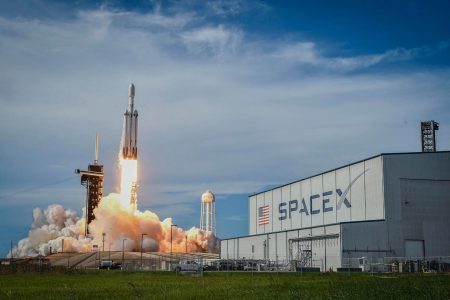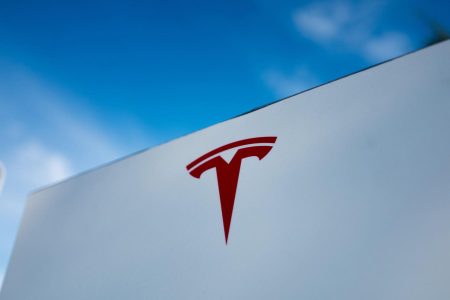Artificial intelligence (AI) is rapidly transforming the way we work, automating repetitive tasks and freeing up human employees for more strategic and creative endeavors. This increased efficiency is evident across various sectors, from healthcare, where AI can analyze medical images and generate reports in seconds, to education, where AI-powered language learning programs personalize instruction, and traffic management, where AI optimizes signal timing to minimize congestion. Businesses leverage AI for personalized marketing, customer behavior prediction, and product recommendations tailored to individual preferences. While AI’s potential to enhance productivity is undeniable, its impact is intertwined with the challenges posed by human tendencies toward distraction and the ever-accelerating pace of modern life.
The “tyranny of now” dominates our digital existence, compelling us to react instantly to emails, messages, and notifications, often at the expense of focused work. This constant state of distraction, fueled by our dependence on cell phones and social media, undermines productivity and contributes to widespread workplace dissatisfaction and burnout. Surveys reveal that a vast majority of employees struggle to maintain focus, frequently checking messages and emails throughout the day. While technology enables multitasking, allowing us to juggle multiple tasks concurrently, the illusion of increased efficiency masks the detrimental effects on our ability to perform effectively.
The myth of multitasking, once associated with computers’ ability to process multiple operations simultaneously, has permeated our work culture. Job descriptions frequently tout multitasking as a desirable skill, perpetuating the notion that juggling numerous tasks simultaneously is a mark of competence. However, decades of research in social science and psychology debunk this myth, highlighting the cognitive costs associated with attempting to divide our attention. Studies demonstrate that multitasking impairs performance, hindering our ability to focus, recall information, and switch efficiently between tasks.
Leading experts have long questioned the efficacy of multitasking. Dr. Edward M. Hallowell, a Harvard psychiatrist, characterized multitasking as a “mythical activity,” arguing that while we can physically engage in multiple tasks concurrently, the quality of our work suffers. He linked the rise of cell phones and the increasing pace of life to phenomena like Attention Deficit Disorder (ADD), emphasizing that constant distractions erode our ability to concentrate effectively. More recent research, like that conducted by Stanford psychologist Anthony Wagner, reinforces these findings. Wagner’s analysis of data on multimedia multitasking revealed that heavy multitaskers performed poorly on memory tasks and struggled with attention, recall, and task switching, ultimately proving less productive than their less-distracted counterparts.
The challenge lies in harnessing AI’s potential while mitigating the negative impact of our distraction-prone nature. Rather than exacerbating our tendency to multitask, AI should be employed to streamline workflows, automate mundane tasks, and create space for focused, deep work. This requires a conscious effort to resist the constant pull of notifications and prioritize meaningful engagement over superficial busyness. Recognizing the limitations of human attention and the detrimental effects of multitasking is crucial for maximizing both individual and organizational productivity.
The key takeaway is that while AI offers immense potential to enhance workplace efficiency, its benefits can be undermined by our own self-inflicted distractions. We must learn to leverage AI strategically, not to enable further multitasking, but to free ourselves from the tyranny of now and reclaim our capacity for focused, productive work. Just as professional race car drivers understand the importance of slowing down to navigate complex turns effectively, we must learn to disconnect from the constant stream of digital distractions to achieve true efficiency and unlock our full potential in the age of AI. This involves setting boundaries, prioritizing tasks, and consciously managing our attention to create an environment conducive to deep work and optimal performance.










